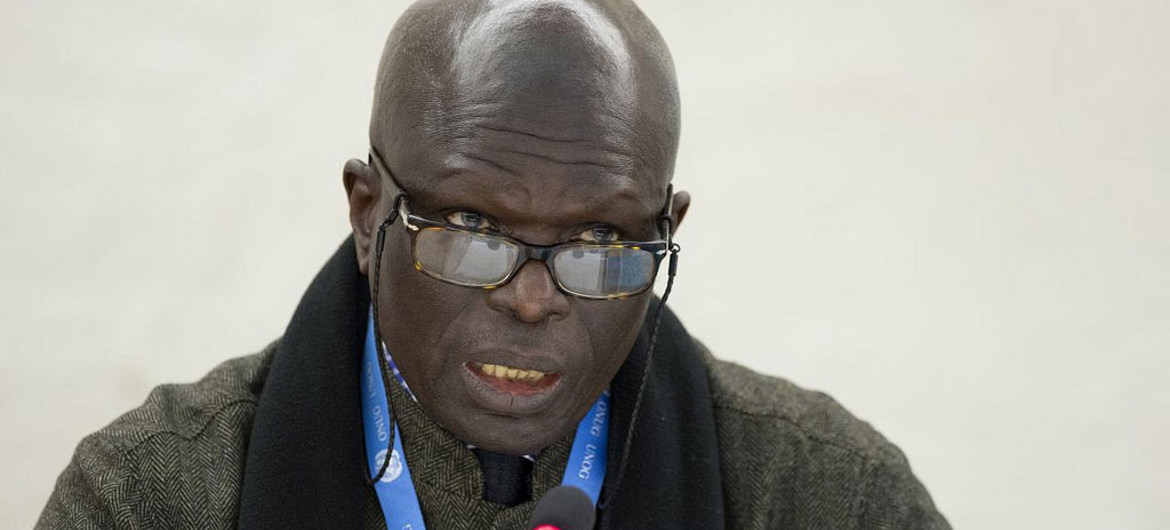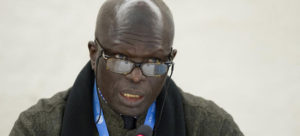
 The Commission of Inquiry on Burundi has just delivered to the Human Rights Council its findings, based on more than 380 interviews, in addition to 500 testimonies collected last year.
The Commission of Inquiry on Burundi has just delivered to the Human Rights Council its findings, based on more than 380 interviews, in addition to 500 testimonies collected last year.
The dossier compiled by the three-member panel encompasses events surrounding the national referendum last month on constitutional reform, which could extend President Pierre Nkurunziza’s term in office well beyond 2020.
Noting a presidential declaration made in support of his successor after the referendum, the report reiterates the view of some observers that Nkurunziza’s comments were “by no means a clear and firm commitment not to run” in future elections himself”.
The report also notes “difficulties” faced by international media outlets in covering events in the country amid the suspension of broadcasters including the BBC and Voice of America, following reports that were deemed “biased” by Burundian authorities.
On the alleged rights violations committed in the country, the report highlights “numerous arrests” of people who called for a “no” vote in the referendum, including members of opposition parties who were then allegedly executed or abducted.
It states that “unidentified bodies” have continued to be found “in various parts of the country” after their arrest by “individuals in police uniform” or National Intelligence Service (SNR) agents.
Victims were also targeted by the Imbonerakure — the youth wing aligned to the ruling CNDD-FDD party — whose influence is said to have risen “in the repressive machinery which has developed since 2015”.
Describing how the Imbonerakure “cover the country”, the Commission of Inquiry’s findings detail how their members inform the authorities about “real or perceived opponents in each locality”, all the while “harassing, controlling or intimidating the population”, with the approval of State officials.
This collaboration extends to putting pressure on people to collect contributions for elections in 2020, the report states, before detailing how civil servants are required to pay the equivalent of 10 per cent “or more” of their salary to an election fund.
This levy extends to households and others above voting age on an “ad hoc basis at the local level”, the report continues, citing eyewitness reports of “roadblocks set up throughout the country” by the Imbonerakure to check whether people had receipts for the tax.
Such developments have contributed to the “continuing deterioration” of the Burundian economy that has left the country’s people among the very poorest in the world, according to per capita earnings, the report continues.
Referencing the UN Office for the Coordination of Humanitarian Affairs (OCHA), it states that 3.6 million people are in need of humanitarian assistance in Burundi today.
The deteriorating economic situation will be included in the Commission of Inquiry’s final report to the Human Rights Council in September.
